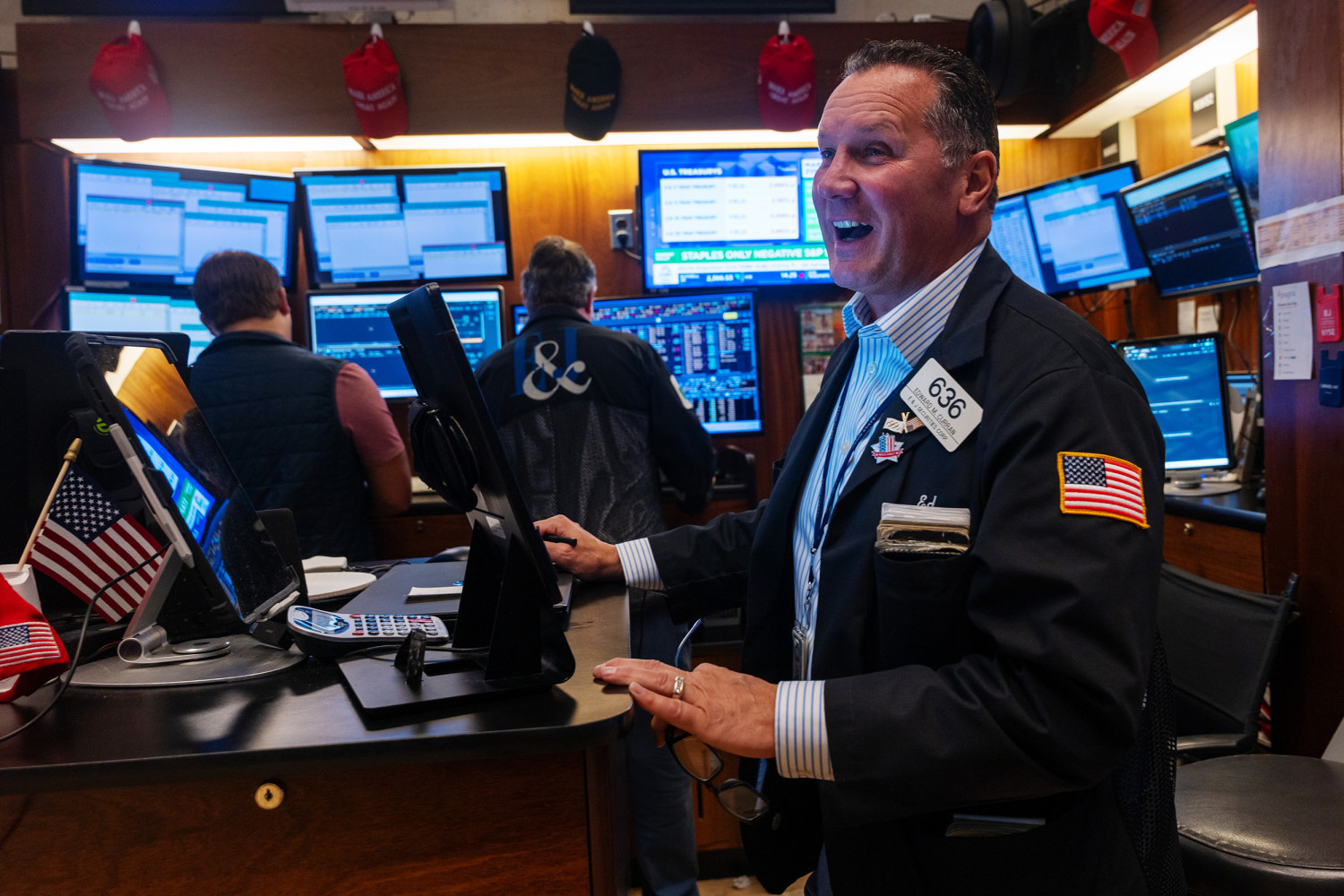Making the choice between saving in your local currency or a foreign currency is a critical financial decision. It impacts your savings’ purchasing power, exposure to risks, and long-term financial security. This article will thoroughly explore the economic, practical, and psychological factors behind choosing where to park your savings.
Understanding the Basics: Currency Fundamentals
A currency serves primarily as a store of value and a method of transaction. When you save, you defer spending with the expectation that your stored value will be preserved or possibly increased over time. A primary risk with currency savings is that this value can be eroded if the currency loses strength, typically measured by inflation or currency depreciation relative to other world currencies.
La moneda local se refiere al dinero oficial utilizado en tu país para las transacciones diarias y el pago de salarios. La moneda extranjera, por otro lado, es el dinero de cualquier otra nación, siendo comúnmente monedas globales importantes como el dólar estadounidense (USD), el euro (EUR), el yen japonés (JPY) o la libra esterlina (GBP).
Key Considerations When Saving in Local Currency
Advantages: Familiarity and Ease of Access: Most of your expenses, from groceries to rent, will be in local currency. Banking systems are designed to support your native currency seamlessly, with fewer transaction or conversion fees.
Lessened Instantaneous Foreign Exchange Exposure: You won’t be affected by daily changes in currency exchange rates because your earnings and expenditures occur using the local currency.
Drawbacks: Inflation Vulnerability: If your country experiences above-average inflation, the real value of your savings could erode rapidly. For example, nations like Argentina and Turkey have experienced double-digit inflation rates in recent years—wiping out significant proportions of savers’ purchasing power.
Currency Depreciation: Besides inflation, shifts in exchange rates are significant. Should your domestic currency plummet in comparison to international standards such as the US Dollar, the overseas buying capacity of your savings is reduced. This is crucial for imports, education abroad, tourism, or international investments.
Why Consider Foreign Currency Savings?
Benefits: Possible Steadiness and Robustness: Major global currencies tend to show less fluctuation and have more predictable inflation trends. The US Dollar, as an instance, is regarded as a secure option during times of worldwide financial instability. People living in nations with unstable or weak currencies frequently consider foreign savings accounts as a safeguard against local economic challenges.
Entry to Worldwide Markets: Holding savings in international currencies can be crucial if you’re planning to cover expenses for products, services, studies, or investments overseas. This approach helps in steering clear of adverse exchange rates when markets are unstable.
Drawbacks:Currency Exchange Risk: Exchange rates fluctuate constantly. If your local currency strengthens significantly after you convert savings to dollars or euros, you could see the value of your foreign-currency savings, in local terms, decline.
Financial Limitations and Expenses: Numerous nations impose conditions on their citizens that limit holding sizable amounts of foreign currency because of capital management or anti-money laundering regulations. Furthermore, accounts in foreign currencies might incur elevated charges, offer reduced interest, and be subject to more stringent rules.
Reviewing the Economic Situation of Your Nation
The decision depends greatly on your country’s macroeconomic stability. Consider recent examples:
Venezuela Venezuela has experienced hyperinflation, with local prices doubling every month at the worst points. Savers in Venezuelan bolivars witnessed their life savings evaporate. Those who managed to convert their savings to US Dollars or hold physical cash were far better protected.
Switzerland The Swiss franc is considered one of the world’s safest currencies. Swiss residents saving in local currency are largely shielded from inflation and currency devaluation. Holding foreign currency would introduce unnecessary exchange risk.
Key Personal Finance Factors
Before deciding, review the following:
Your Financial Goals If you plan to remain in your country and spend locally, local currency might make sense despite some inflation risk—provided your economy is stable. If you aim for overseas education, emigration, or global investments, foreign currency savings could offer distinct advantages.
Access to Reliable Banking Some local banks offer multi-currency accounts, allowing you to switch between currencies easily. In other cases, you may need to use foreign banks or digital finance platforms, examining factors like account safety, security of deposits, and access during emergencies.
Tax Implications Interest earned in foreign currency may be taxed differently than local currency interest. Furthermore, unrealized currency gains could be taxable in some countries. Consult local regulations or a tax professional.
Inflation-Protected Investments vs Currency Savings
Other than choosing a currency, look into savings options that automatically compensate for inflation. Bonds tied to inflation, property (in stable regions), or certain investments in the stock market may occasionally offer more security than just keeping funds in one currency.
However, these options have their own risks. Bonds can lose value; property may be illiquid during crises; equities can be volatile. Weigh these alongside your currency choice.
Risk Diversification: Spreading Your Bets
A typical strategy for savers who are mindful of global financial trends is to diversify their savings. This may involve holding a segment of your funds in your national currency for everyday expenses and unexpected situations, while allocating another part to secure foreign currencies or investments that are spread across global markets.
For instance, technology employees in India may keep a sufficient amount of Indian rupees for their daily expenses but change extra savings into US Dollars. Retired individuals in Turkey could partially hold their savings in euros via offshore accounts while maintaining enough lira for regular spending.
Behavioral Finance: Peace of Mind vs. FOMO (Fear of Missing Out)
The psychological component is significant. Currency movements are hard to predict and can spark anxiety about missed opportunities or losses. Examine not just the math, but your comfort in handling complexity, tracking exchange rates, and your personal risk tolerance. Sometimes, the best decision is one that lets you sleep soundly while meeting your practical needs.
The clearer your understanding of your country’s economic landscape, your upcoming financial commitments, and your comfort with risk or complexity, the better prepared you will be to create a money-saving plan tailored to your situation. Instead of seeking the perfect scenario after the fact, prioritize robust strategies that ensure your financial stability regardless of fluctuations in local or international markets.


